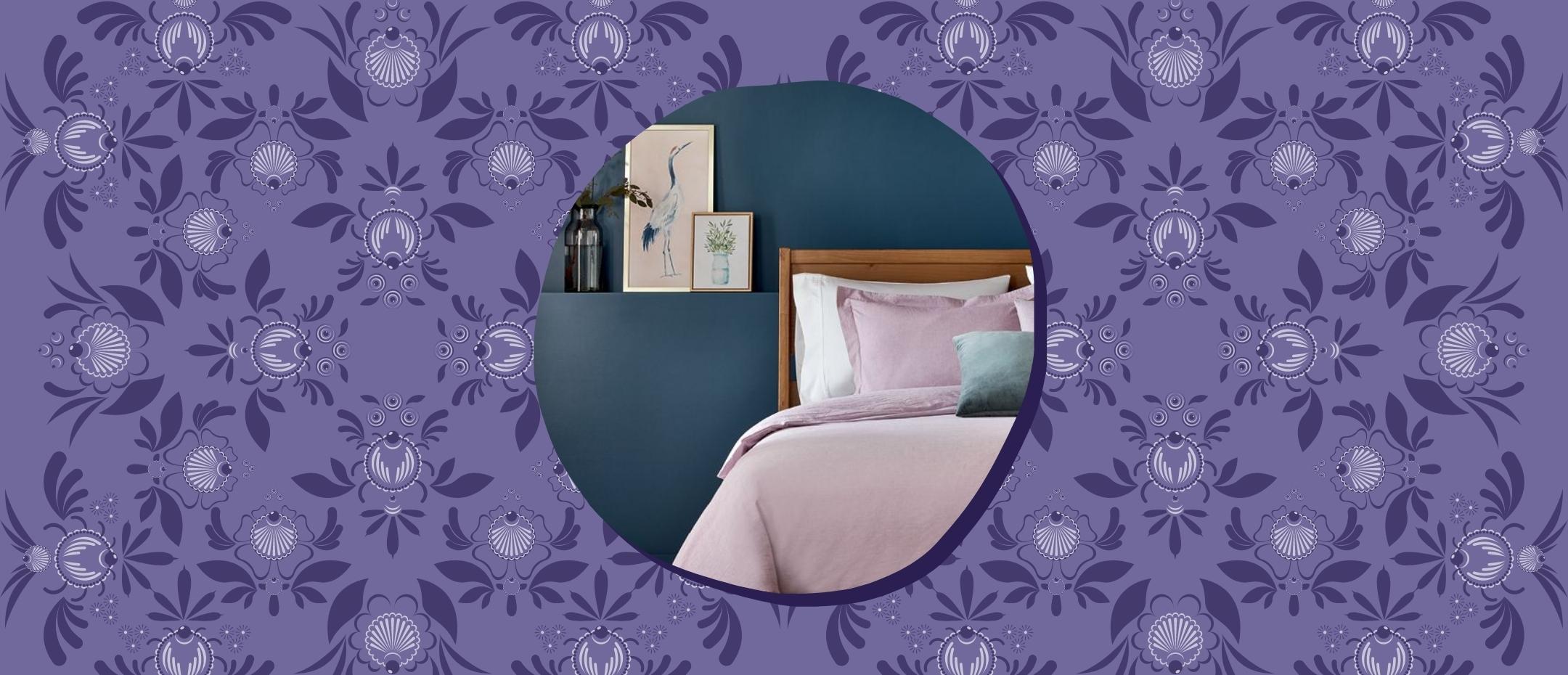What is feng shui? If we already know that it is about harmonizing the interior design of our home, few of us know the basics of this mentality and especially, the practices that govern it.
Over the last 40 years, the term has become popular in North America and Europe, but don't think it's modern!
The Ancient Origin of Feng Shui
Feng shui is based on the precepts of Taoism, a religion and philosophy that has existed in China for thousands of years. Although there are several schools of thought for feng shui, the basic premise remains the same: create an environment that facilitates the healthy flow of chi (or Qi), the energy stream that governs the world.
This doctrine is complex, but there are some key principles that make it possible to enjoy its benefits and set up a feng shui bedroom without breaking the bank.
The Position of a Feng Shui Bed

According to the foundations of feng shui, the bedroom is the most important room in the house. It represents you, and therefore, is central to your well-being and harmony.
The placement of your furniture, especially the position of the bed, is essential to the proper circulation of chi in the bedroom.
To respect the principles of this art, your bed should always be in a "dominant" position, that is to say, that you must see the bedroom door at all times, without being completely aligned with it.
The window? Never place your bed under it! The head of your bed should be leaning against a wall with space on either side and at the foot.
Since balance is key to honoring this practice, don't forget to get two nightstands. If they are not identical, it's not a problem, here we are looking for symmetry, yes, but also complementarity!
Another element to consider is, of course the comfort of your mattress. One of the goals of feng shui is to attract the right chi according to your needs. To rest well, you deserve space, especially if your room allows it!
If needed, take a look at our hybrid memory foam mattresses.
Choose the Right Materials

The materials that populate your room have a role to play in ensuring a good flow. Feng shui is based on the positioning of the furniture, but also on the respect of the duality which composes the chi. This duality is composed of yin, which is the calm half, and yang, which is the dynamic half.
In decoration, yin is evoked by relaxing and passive textures, and yang by stimulating and energetic additions. To maintain the feng shui look in your bedroom, you should aim for mainly "yin" materials that inspire delicacy and softness.
Your bedding, curtains, and even the rugs in your bedroom can be made of velvet, cotton, or silk, among others. To harmonize your feng shui bedroom, remember to incorporate some fun and invigorating yang-oriented elements, such as decorative pillows or colorful candles.
Feng Shui Colors for the Bedroom
Any good feng shui bedroom takes into consideration the color of the walls and accessories. Contrary to popular belief, your bedroom does not have to be very pale.
It all depends on your needs!
Of course, if you are looking for calm and relaxation, neutral and earthy tones will be favorable. The feng shui of a bedroom for a couple who wants passion will have to include some touches of red. The feng shui of a bachelor's room will have more of a pink or peach color to invite potential partners. For a revitalizing feeling, it will be green or blue tones.
If you are decorating a children's room, you may want to choose more dynamic feng shui colors since younger children require more energy as they grow.
Need inspiration to paint your room? Discover the soothing colors to sleep well in 2022!
Balancing the Decorative Elements

Still following the principles of yin and yang, the decorative elements will have an impact on the feng shui aspect of your bedroom.
Did you know that mirrors are not recommended? Indeed, they would reflect energy through the room, which would disturb sleep.
The same goes for books, which are considered yang objects, which stimulate the mind. Of course, a book on your bedside table doesn't make much difference, but a bookcase can be undesirable.
When choosing art pieces to hang, avoid paintings that make you feel lonely or sad. Consider selecting decorative items with rounded shapes for more yin, or metal and colorful for yang.
To learn more about the principles of feng shui decoration, click here.









